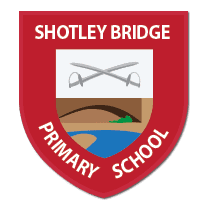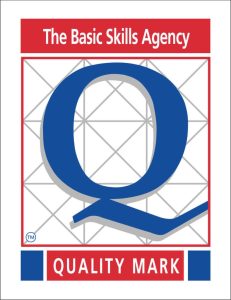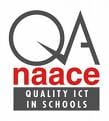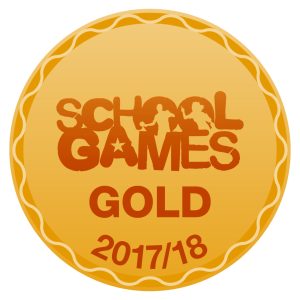Science is for all. Therefore, at Shotley Bridge Primary School, we make certain that science is accessible for all of our pupils.
At Shotley Bridge we aim to stimulate our children’s curiosity in finding out why things happen in the way they do. We endeavour to balance the teaching of scientific knowledge and skills, to ensure that all children can both think like scientists and work as a scientist does. Children learn to ask scientific questions and begin to appreciate the way in which science will affect the future on a personal, national and global level. We want our pupils to:
- think creatively and raise questions about working scientifically and the knowledge and skills that it brings
- be confident in applying a variety of practical skills required to plan and carry out scientific investigations
- demonstrate a secure scientific knowledge and understanding supporting them to solve problems and report scientific findings
- plan, conduct and report on practical work in a variety of contexts, including fieldwork.
- be passionate about science and how it impacts our past, present and future.
We aim to inspire the next generation of creative and independent thinkers through our teaching of science. At Shotley Bridge, we are aware that science is a tool that we can harness to build curiosity about our world and universe, as well a subject that promotes critical thinking amongst our children, where they are able to come to their own conclusions. We ensure that ‘Working Scientifically’ skills are progressively built upon and develop throughout the school so that each child can use equipment, conduct experiments, build arguments and explain concepts confidently and continue to ask questions and be curious about their surroundings.







